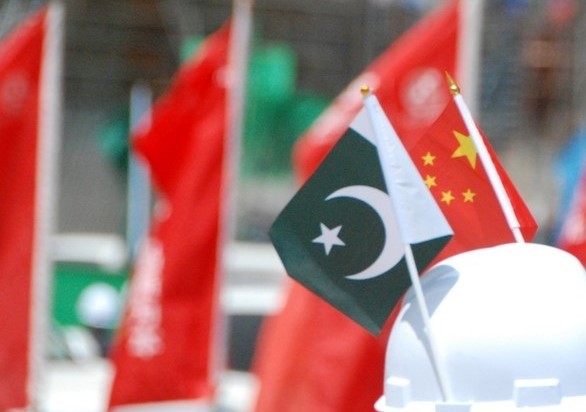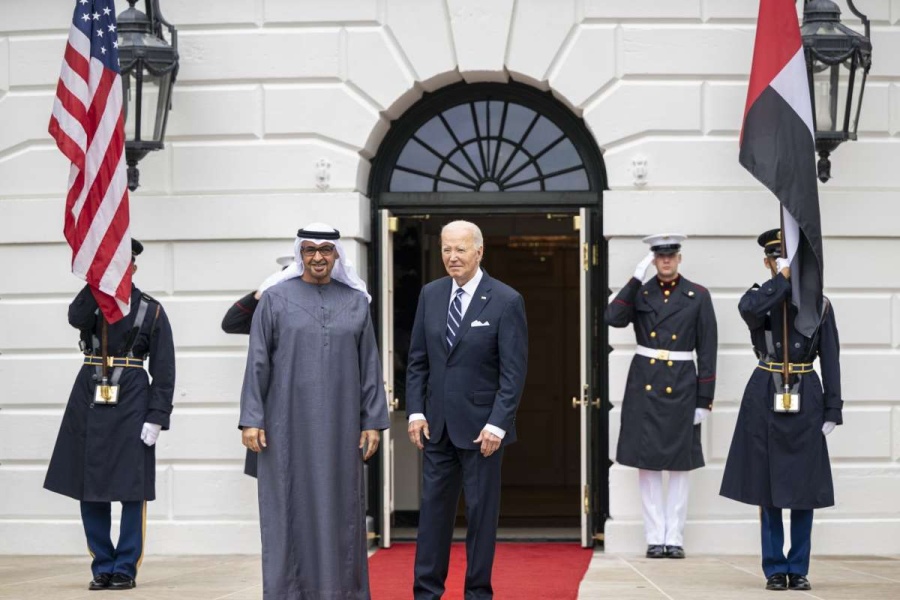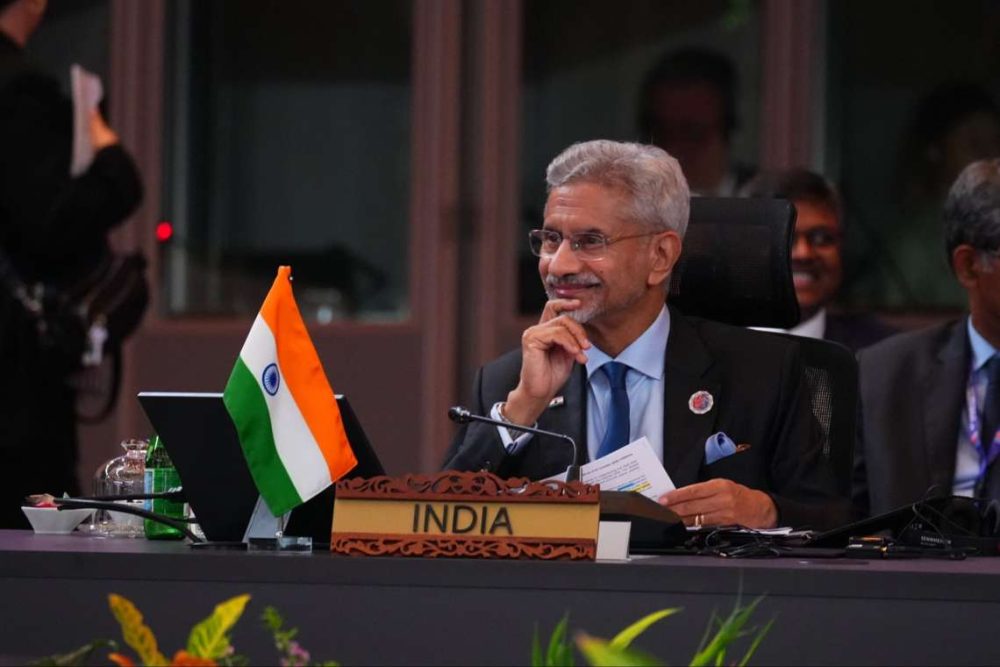Beijing has become increasingly vocal in expressing its frustration over Islamabad’s failure to address economic and security challenges, writes Dr Sakariya Kareem
China-Pakistan ties are seeing a downward trajectory amidst growing differences over several bilateral issues. Beijing is getting impatient over Islamabad’s failure to repay debts and provide adequate security to Chinese nationals in Pakistan. Despite external fundings from global institutions and China’s financial support, Pakistan has failed to stabilize the economy. Consequently, China Pakistan Economic Corridor (CPEC) is facing a slowdown amidst reports of several projects facing delays or possible shutdowns. While Beijing is trying to somehow save CPEC and other projects, Islamabad is more interested in bilateral defence and security cooperation, mostly targeted against India.
According to reports, Pakistan has been pressing China to hold anti-terrorism exercises in areas along the India-Pakistan border. China has reportedly shown reluctance to the Pakistani proposal, which can unnecessarily cause tensions with India. This shows that Islamabad is not serious about ensuring safety and security of Chinese citizens in Pakistan, rather it wants to use bilateral and multilateral military exercises to provoke India and hide its counterterrorism failures.
Since the launch of the new military operation, Azm-i-Istehkam (Resolve for Stability), on June 22, terror attacks in Pakistan have surged substantially. According to a report from the Pakistan Institute for Conflict and Security Studies (PICSS), at least 254 people, including 92 civilians and 54 security personnel, were killed in militant attacks and bombings in August, making it the deadliest month for Pakistan in the past six years. More concerning is that the majority of these attacks occured in Balochistan and Khyber Pakhtunkhwa, regions hosting several China-sponsored projects. Balochistan saw a sharp rise in violence, with at least 125 people killed, including 80 civilians, 22 security personnel, and 23 militants. In recent years, Chinese nationals have been frequent targets of deadly attacks in these provinces. On March 26, a suicide bombing claimed the lives of five Chinese engineers working on the Dasu dam project in Shangla district, Khyber Pakhtunkhwa province.
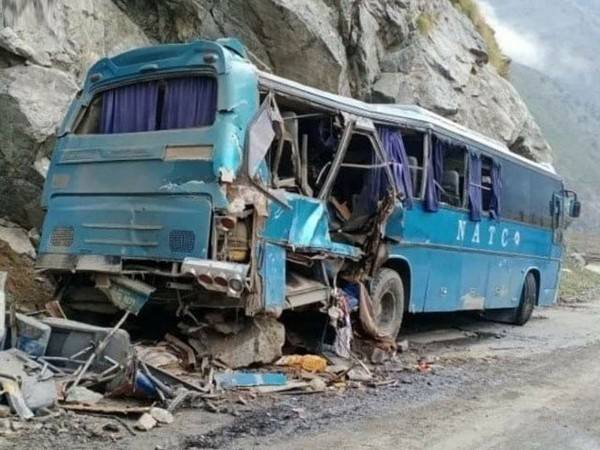
Furthermore, hardly a week before the suicide attack, Baloch insurgents targeted Chinese interests by storming the Gwadar Port Authority (GPA) complex and Turbat naval base near China-run Gwadar Port, which is a key component of the CPEC, in Balochistan province. These incidents renewed serious concerns about the safety and security of Chinese personnel and projects in Pakistan. Just two days after the Dasu bombing, a Chinese company suspended civil works at the Tarbela 5th Extension Hydropower Project and laid off more than 2,000 workers due to “security reasons”. In 2021, Pakistani authorities had awarded a USD 355 million contract to Power Construction Corporation of China Ltd for civil works on the project. The 1,530MW Tarbela dam was scheduled to start power production before 2026.
Attacks on Chinese nationals come at a significant financial cost for Pakistan, which is already grappling with a severe economic crisis. Beijing has become increasingly vocal in expressing its frustration over Islamabad’s failure to address economic and security challenges. In June, Chinese President Xi Jinping cautioned Pakistani Prime Minister Shehbaz Sharif that while China was open to expanding and upgrading economic ties, Islamabad needed to first establish a “safe, stable, and predictable” business environment for Chinese companies and personnel.
Similarly, Liu Jianchao, the Minister of the International Liaison Department of the Communist Party of China—responsible for managing China’s relations with political organizations globally—highlighted Pakistan’s “internal security deficit” as a major factor eroding Chinese investors’ confidence. He stated that “security threats are the main hazards to CPEC cooperation.” Liu also pointed to Pakistan’s ongoing political instability as a key reason for its economic failures, urging Pakistani politicians to unite and address the complex challenges the country faces.
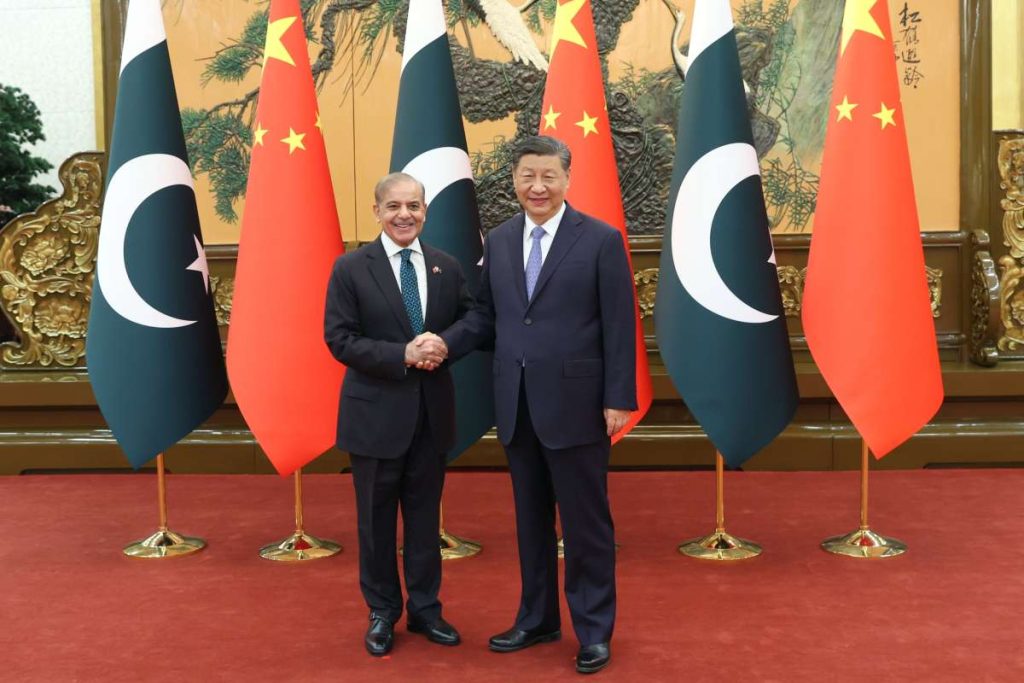
Prime Minister of Pakistan, Shehbaz Sharif, visited China from June 4-8 with a large ministerial delegation, including Pakistan Army chief General Syed Asim Munir, in a desperate attempt to revive bilateral ties with their “all-weather” ally. It was Sharif’s first extended visit to China after becoming the prime minister in March. During his visit, Sharif reportedly sought fresh loans from Beijing and requested more time to repay outstanding debts. However, he did not get anything substantial in return besides few Memoranda of Understandings and lots of warnings from the Chinese side. In August, Sharif had written a letter to the Chinese government requesting debt reprofiling for Pakistan in an apparent bid to secure the International Monetary Fund’s approval for a USD 7 billion economic bailout by next month.
China is increasingly concerned about its financial investments in Pakistan, fearing that they may not yield any positive returns in the future. Notably, a third of Pakistan’s total external debt is owed to China. However, Islamabad appears more focused on using multilateral and regional platforms like the United Nations or the Shanghai Cooperation Organization (SCO) to target India. Beijing is growing frustrated with Pakistan’s attempts to use it as a tool in advancing its anti-India agenda. Instead of addressing the alleged cross-border terror attacks from Afghanistan and Iran, Pakistan’s military wants to conduct more anti-terrorism exercises with China in areas near the border with India. Reports indicate that Baloch insurgents and Tehreek-i-Taliban are behind many attacks targeting Chinese nationals in Pakistan, with groups having a reported presence in Pakistan’s western neighbours. Yet, Pakistan Army remains hesitant to hold joint counterterrorism exercises with China in either Balochistan or Khyber Pakhtunkhwa, showing Pakistan’s duplicity when it comes to addressing terrorism.
Despite Pakistan’s false assurances to strengthen security at China’s repeated request, including a new counterterrorism operation, the situation continue to deteriorate, with increasing unrest and violence targeting key Chinese projects under the Belt and Road Initiative. The ongoing instability presents unprecedented challenges to the Gwadar port, CPEC and China’s “all-weather” partnership with Pakistan. Ultimately, the responsibility for these setbacks lies with Pakistan’s incompetence, duplicitous behaviour, and its continuous attempts to use its relationship with China against India.
ALSO READ: Understanding China’s policy of forced labour in Xinjiang


